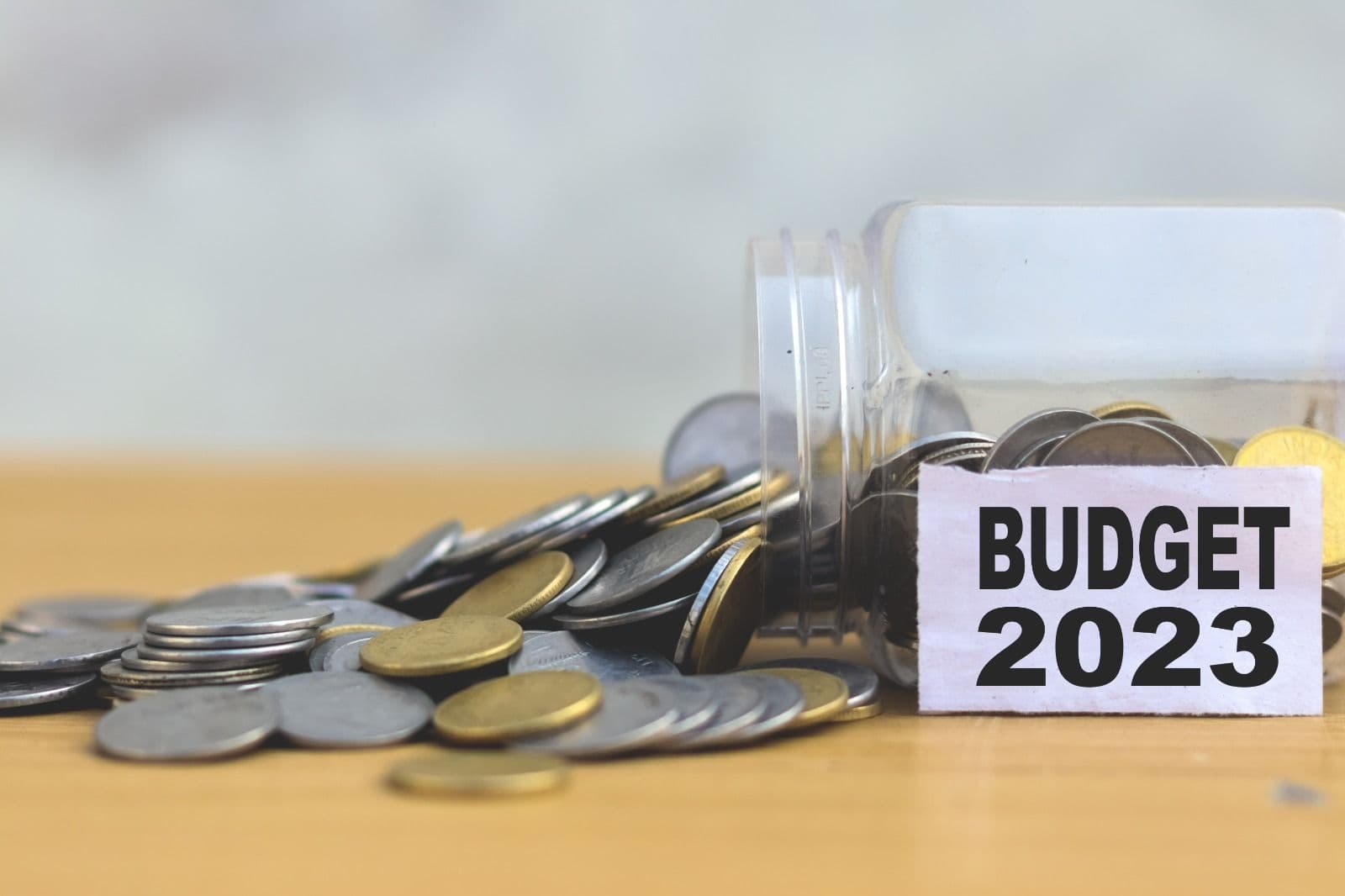Top Stories
L&T Partners with PS Technology to Revolutionise Railways
6 mins read. August 2, 2024 at 12:45 PM
Jindal Saw Q1 FY24 PAT Rises 67% to Rs 441 Cr
4 mins read. August 2, 2024 at 12:41 PM
Pfizer Q1 FY25 PAT Zooms 61% to Rs 151 Cr
4 mins read. August 2, 2024 at 12:36 PM

Duty Exemption extended for Li-ion batteries
As part of the Union Budget 2023-24, Finance Minister Nirmala Sitharaman proposed to continue the provision of concessional duties on lithium-ion cells for another year. Lithium ion cells are the key to EV batteries. This will provide a great boost for the EV industry, as they collectively work to manifest green mobility in the country. Green growth has already been identified as one of the Saptarishi (7 priority areas) for this year’s Union Budget.
The duty exemption is intended to accelerate the process of enhancing the renewable energy footprint and nullify carbon footprint. India is seriously considering the prospects of Li-ion batteries due to the deep benefits it provides, apart from miniscule emissions.
Lithium is the lightest metal, has greatest electrochemical potential and provides 2-fold energy density output as compared to standard Ni-Cd (Nickel Cadmium) batteries. A single Li-ion cell can provide an emf of 3.6V as compared to the 1.2V output from standard nickel-based cells.
This works economical because it is enough to use 1 cell rather than 3 cells. Moreover, the self-discharge (due to internal reactions) from these batteries is much lower than traditional batteries, which makes them low on maintenance.
For EV and battery makers, the extension of relief and discarding of customs duty on imported capital is a welcome change.
However, EV stakeholders have also been demanding a further extension of the FAME (Faster Adoption and Manufacturing of EV) scheme, since a lot of parts like Li cells, semiconductors, permanent magnets for motors must still be imported. Clearly, a more focused PLI policy could give the necessary boost.
Related News

BlinkX and Google Cloud Revolutionize Indian Financial Services through ClienTech
2 mins read. May 16, 2024 at 12:40 PM

PSP Projects secures lowest bid for Dharoi Dam region project
1 mins read. November 6, 2023 at 09:23 AM

Bata strikes deal with Authentic Brands Group for Nine West
1 mins read. November 6, 2023 at 08:43 AM

Shakti Pumps secures 7th patent for Waste Water Pump innovation
2 mins read. October 31, 2023 at 07:03 AM
Download app
Access BlinkX
everywhere
across device

